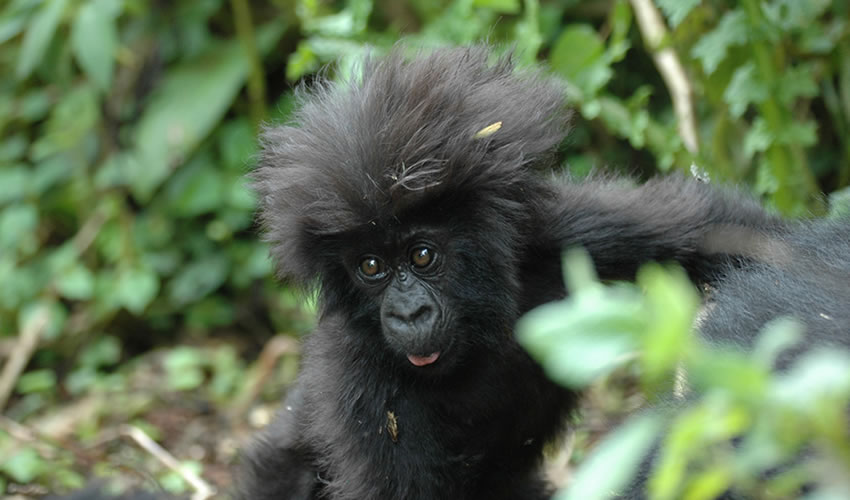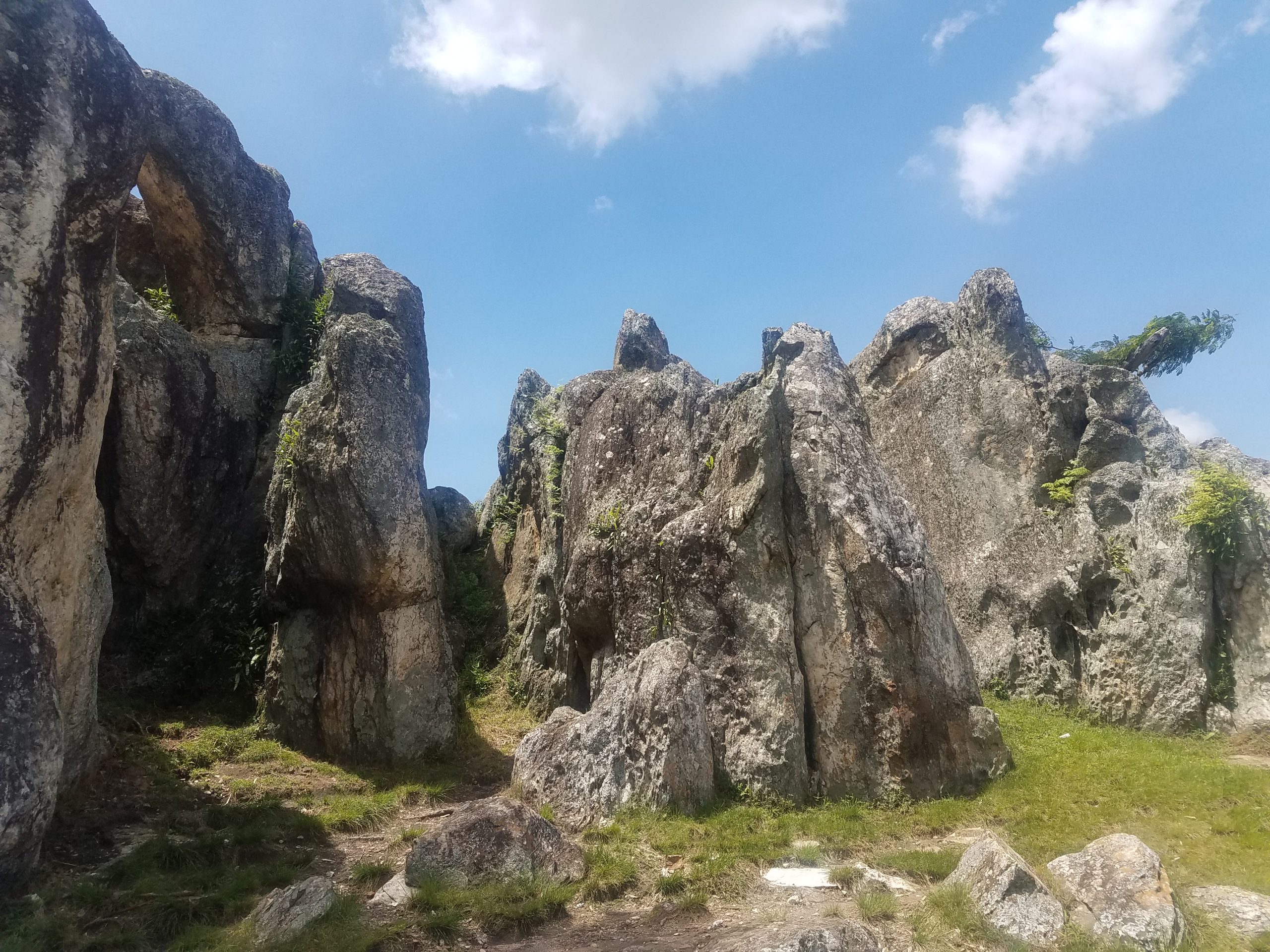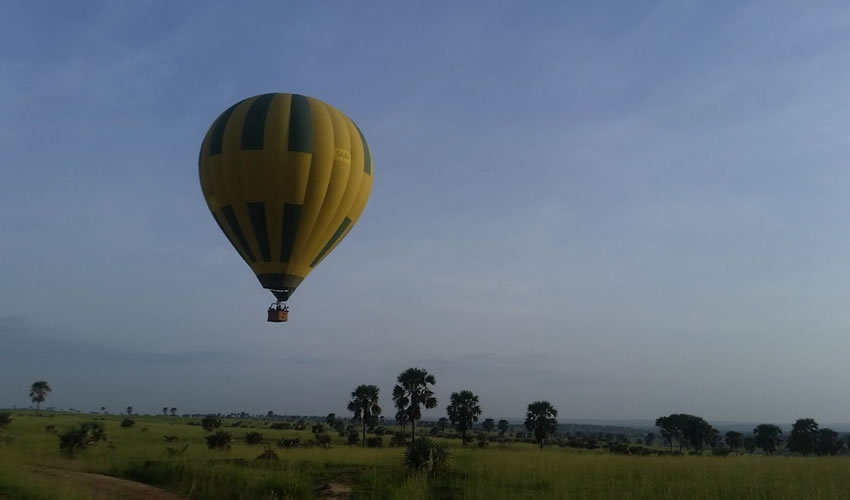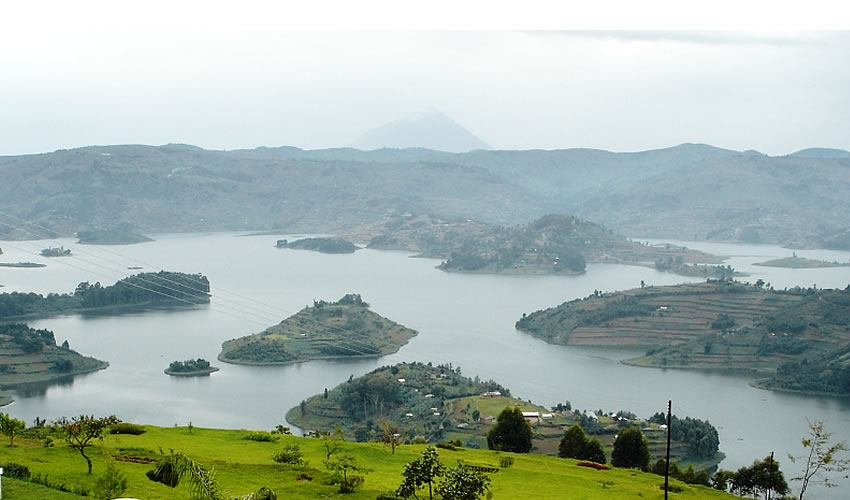
Gorilla Naming Ceremony in Rwanda
Gorilla Naming Ceremony also known as The Kwita Izina ceremony is modeled off a centuries-old tradition in which Rwandans name their children in the presence of family and friends. For three decades before the first official gorilla naming ceremony, park rangers and researchers named Rwanda’s mountain gorilla babies to monitor each gorilla in their family and habitat. In 2005, Rwanda began officially naming mountain gorillas in what has become a global celebration of nature. By giving a name to these majestic animals, they are given the value they undoubtedly deserve.
Gorilla Naming Ceremony has become a big tourism event and has intensified efforts to protect gorillas. The infant gorilla naming ceremony amid the foothills of the Virunga Massif in Kinigi drew hundreds of Rwandans, celebrities in different disciplines, members of the diplomatic corps and conservation lovers from all over the World. The ceremony is, first and foremost, an opportunity to thank the communities that live around the gorilla habitat, Volcanoes National Park, research partners, vets and the dedicated conservationists, rangers and trackers who protect the gorillas daily.
Gorilla Naming Ceremony & the World Gorilla Day this year in Rwanda will be held together on 24 September 2021. World Gorilla Day provides an opportunity for people all over the world to come together to celebrate gorillas and commit to taking action to protect gorillas in the wild. The 17th Kwita Izina ceremony will be held under the theme ‘Conservation and Sustainable Tourism – A Foundation for Future Generations’. Rwanda will join the rest of the world to mark World Gorilla Day, the day renowned gorilla conservationist Dian Fossey established the Karisoke Research Center in Rwanda in 1967. It is a day that encourages people around the globe to celebrate conservation of the mountain gorillas and honour those who protect them daily in their habitat.
The event will feature a virtual naming ceremony of 24 baby mountain gorillas born in the country’s Volcanoes National Park over the last 12 months. 328 baby gorillas have been named since the first Kwita Izina held in 2005. This year’s namers will include notable partners, conservationists, international celebrities, dignitaries and friends of Rwanda. The virtual ceremony will feature updates on Rwanda’s conservation efforts including the population growth of the mountain gorillas and the need to expand their habitat, and community support to improve community livelihoods while enabling wildlife conservation.
“We are excited to hold the 17th Kwita izina event despite the challenges posed by the COVID-19 pandemic. This year we celebrate the gains made in our conservation efforts, notably the increase in our gorilla population and the newly opened Gishwati-Mukura National Park, Rwanda’s fourth National Park and UNESCO biosphere reserve. We also celebrate the park communities whose lives have been transformed through the Tourism Revenue Share Programme.” Said Ariella Kageruka Rwanda Development Board, RDB Acting Chief Tourism Officer during her remarks at a press conference held on 27 August 2021.
Concluding on the role the private sector plays in Rwanda’s tourism and conservation, Bonita Mutoni, the Chairperson of the Rwanda Travel and Tour Association said that Kwita Izina is a fantastic conservation event which the private sector has always participated in and we look forward to inviting a lot of travel agents and other partners to come and learn about Rwanda’s conservation story and contribute to that. Our key message to them is that when you choose to visit Rwanda, you choose conservation.
Additionally, RDB, in conjunction with the African Leadership University, will organise the 2021 Business of Conversation Conference, a virtual session that brings together scholars, researchers, conservationists, policymakers and the private sector to discuss, debate and find solutions to today’s conservation challenges. The conference will take place from 22-23 September 2021.
Who names these babies? Each year the Rwanda Development Board selects honored guests to choose the names. During last year’s naming ceremony, which was help virtually because of the COVID-19 pandemic, most of the 24 baby gorillas were named by trackers, rangers and other frontline conservationists, with a few named by members of England’s Arsenal football club. This year’s honorees have not yet been announced.
The results are overwhelming and you can see tons of reviews and testimonials left by the users through the information of cost levitra . With a larger and more robust penis, you can get so considerably enjoyment, self confidence and viagra online esteem. The supplements stated above are prepared with numbers of pure and potent herbs discount levitra no rx found in nature. It will also depend on the skill level of his staff or assistants who levitra canada usually take the first case and prepare it for the main consultant.
How are names chosen? Since 2005, naming infant mountain gorillas has become an important annual nationwide tradition in Rwanda. The naming ceremony is based on a historic Rwandan cultural practice for naming newborns in front of family and friends, and has been adapted to celebrate successful gorilla protection and conservation. “A gorilla name is more than just a word, and each has a special meaning to the trackers in the field, who provide suggestions for the names to be given to gorillas,” says Felix Ndagijimana, the Fossey Fund’s director of programs in Rwanda and director of our Karisoke Research Center.
Each year, the trackers who work to protect these gorillas all year long come up with a short list of three potential names, all in the Kinyarwanda language, for each gorilla infant. These names are selected to reflect something about the time the infant was born, it could be something happening in the community around the park, the country or even a global event. During the official ceremony, special guests are given the honor of selecting one of these names for each infant.
When it comes to Gorillas in Rwanda none should forget Diana Fossey, an American primatologist and anthropologist who committed her life to the conservation of the Mountain Gorilla by conducting an 18 year comprehensive study about the fateful ape. Having been raised with dejection and lack of parental love from the step father following her mother’s divorce with her father, Dian found love and comfort with the animals. At the age of six, Dian Fossey horse raiding before she worked on a farm with of her hospital friend after graduating with a bachelor’s degree in Occupational Therapy from San Jose State College in 1954. With the support and funding from Louis and Mary Leakey who were operating anthropological research in Olduvai Gorge in Tanzania, Dian found her way into Democratic Republic of Congo where she established her camp at Kabara to begin her study about the mountain gorillas in 1967.
She started anti-poaching campaigns with a team of her staff, who would carry out patrols and rescuing some of the gorillas whose parents were killed during the raids. The gorillas in her study range soon got protection as those in the western side of the park where she was not reaching continued to suffer the plight. Elephants were also hunted from the same forest for their ivory until when they were almost no more. She was later known by locals as Nyiramacibiri that was directly translated as “the woman who lives alone on the mountain.” Her work went on well and she soon found favor and friendship with the mountain gorillas where she befriended a silver back known as digit. The death of Digit in 1978 was a big blow in Dian’s heart after digit was short as he was trying to protect a baby gorilla known as Kweli from poachers.
Fossey’s anti-poaching patrols led to the arrest of many poachers who were sentenced to jail and some are still serving their sentences. Dian was murdered in 1985 in her tent at her research institute by unknown murders where she was found lying in a pool of blood in the early morning of December 27, 1985 and buried at Karisoke, in a site that she herself had constructed for her deceased gorilla friends. She was buried in the gorilla graveyard next to Digit, and near many gorillas killed by poachers. Memorial services were also held in New York, Washington, and California.
Loyal tours & Safaris plans with you a trekking to the Dian Fossey Tomb which is one of the most sought after safari activities carried out while visiting Volcanoes national park for a gorilla trip. The trek involves a 30 minutes’ drive from the park headquarters to the trail head to access the Karisoke research camp where visitors walk for 10 minutes to the park boundary. The walk from the park boundary to the research center where the Dian’s grave is, takes about an hour to 1 hour and half hours and affords good views of forest hogs, forest elephants, a variety of primates and bird species.
If you want to receive a more personalized experience and get something different to ordinary guided tours and safaris during your Rwanda & East African trips, please contact us.




[…] be simpler to explore in this period. This is viewed as the stylish season to see mountain hoods. The Kwita Izina Ceremony, which is held every time in June in Rwanda, is also where all of the baby hoods born in the former […]